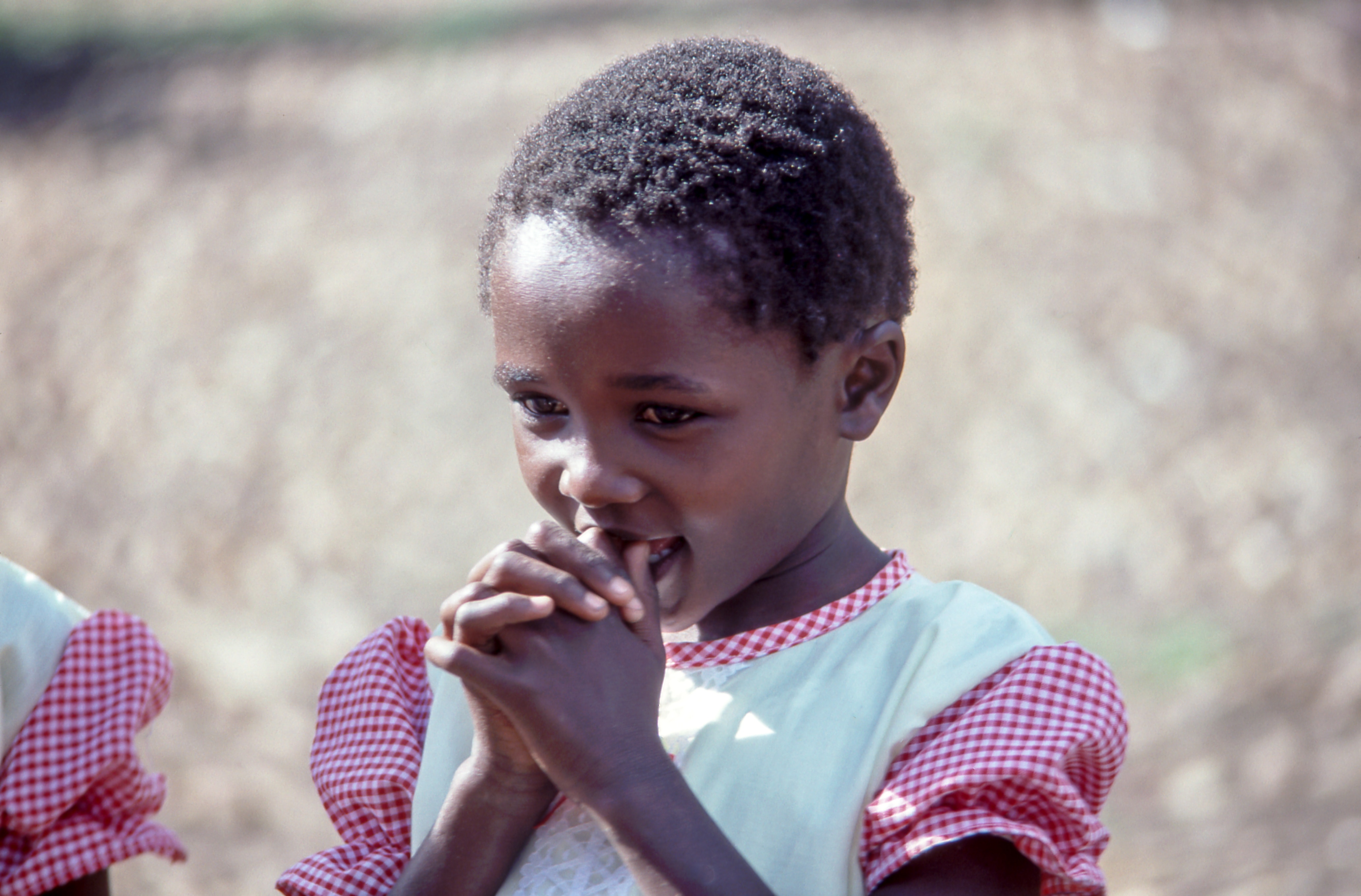Ougadougu, Burkina Faso: An overwhelming majority of girls and women in West Africa are affected by Female Genital Mutilation. As a UNV volunteer and specialist in sexual and gender-based violence, Francis Bogie Boogere is committed to fighting this harmful cultural practice by facilitating regional cooperation.
Female Genital Mutilation (FGM) has a number of serious health implications, including increased risk of HIV infection. But though Burkina Faso passed a law banning it in 1996, a high rate of women (77 percent) are still affected.
One problem is the cross-border aspect of the phenomenon. Girls are taken to neighbouring states where it is still legal or where there is a less strict approach to the practice. Thus the tradition continues, but in clandestine.
“FGM affects 80 percent of women in West Africa but it has never been given the attention it deserves,” says Francis Bogie Boogere. “Cross-border FGM has been identified as a key barrier and there needs to be an international discussion on a high political level.”
The United Nations Development Fund for Women (UNIFEM) initiated a study that revealed that cross-border FGM is more common than thought. It considered that more efficient inter-state cooperation was needed, and an important step was an international conference on cross-border FGM held in Ouagadougou during October 2008.
As UNIFEM’s representative in Burkina Faso, UNV volunteer Francis Bogie Boogere played an important role. For months he raised funds and coordinated different stakeholders and NGOs in West Africa, advocating against FGM and for the participation of a high-level politicians.
The conference was hosted by the first lady of Burkina Faso, Chantal Compaore. Her support, along with that of other prominent West African women, had a symbolic impact given that many women themselves support FGM for cultural and social reasons.
The conference did not only attract top-level participants, like ministers and experts from seven different West African countries. It also mobilized several hundred women who are themselves affected by FGM. Their presence indicated a grassroots resistance that is vital in order to achieve behavioural change.
Mr. Bogie Boogere is from Uganda and has a Master’s degree in demography and reproduction. For the last ten years he has worked on gender issues and reproductive health in different African countries. His current assignment is full funded by the Government of Austria.
“For several years I worked with the social integration of girls who were raped during the civil war in Uganda and during the genocide in Rwanda,” he explains. “There is a big difference between conflict-based violence against women and culturally rooted forms of violence. In the former case women can ask for support. But cultural violence like FGM is not even considered as a crime and the majority of victims are ignorant of their rights.”
In September 2007 Mr. Bogie Boogere was recruited to work as a UNV volunteer for UNIFEM in Ouagadougou. Since then he has devoted almost all his time to the issue of cross-border FGM. “I like to use my volunteerism to share stories and to change lives,” he says. “There was enormous interest in the conference and as a volunteer I was pleased to know that I had contributed to bringing all these people together.”
The conference agreed on an action plan to better coordinate efforts against FGM in the region, but for Francis Bogie Boogere the fight continues.
“The big challenge now,” he concludes, “is how to support the Government of Burkina Faso to keep the momentum. We will continue to work with the first lady to mobilize other first ladies to work for affirmative action.”
Source: United Nations Volunteers 24 November 2008

